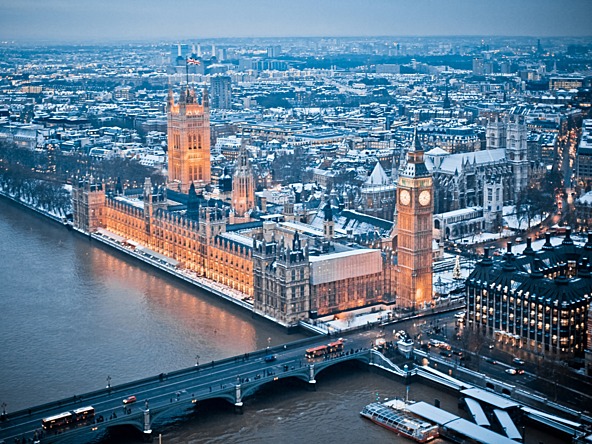UK releases proposed changes to Online Safety Bill

The reforms to the bill, which were announced by digital secretary Michelle Donelan today, will delete any incentives for social media firms to “over-remove” people’s legal online content.
The government had argued that getting rid of these incentives would remove any influence future governments could have on what private companies do about legal speech on their sites.
Firms will still need to protect children and remove content that is illegal or prohibited in their terms of service, however, although the bill will no longer define specific types of legal content that companies must address.
The government has also added transparency measures for social media networks to the bill, including offering users a ‘triple shield’ of protection when online, replacing the previous reference to ‘legal but harmful’ content.
This ‘triple shield’ would include social media firms being legally required to remove illegal content, take down material in breach of their own terms of service and provide adults with greater choice over the content they see and engage with.
The government said this could include forcing internet companies to provide users with tools to avoid certain material, such as that which glorifies eating disorders, and racism, anti-semitism or misogyny that does not meet the criminal threshold.
Measures that social media businesses could have to implement include human moderation, blocking content flagged by other users, or sensitivity and warning screens.
Social media platforms will also have to publish more information about the risks their platforms pose to children under the updated bill, including details on how they enforce any user age limits.
Any decisions made against a social media company by Ofcom will also have to be published by the affected business under the new government plans.
The government said that new polling from Ipsos showed that 83% of people think social media companies have a duty to protect children and 78% want social media companies held accountable for keeping underage children off their platforms.
Ipsos also found that 81% think the government should make sure social media companies protect children when they are online and 77% think social media companies should be punished if they don’t protect children.
Donelan said: “Today’s announcement refocuses the Online Safety Bill on its original aims: the pressing need to protect children and tackle criminal activity online while preserving free speech, ensuring tech firms are accountable to their users and empowering adults to make more informed choices about the platforms they use.
“To make sure the bill’s protections for adults online strike the right balance with its protections for free speech, duties relating to ‘legal but harmful’ content accessed by adults will be removed from the legislation and replaced with the consumer-friendly ‘triple shield’.
“The bill will instead give adults greater control over online posts they may not wish to see on platforms.”
Dame Rachel De Souza, Children’s Commissioner for England, said: “This landmark legislation is a once-in-a-lifetime opportunity to protect all children online, particularly the most vulnerable.
“That’s why I am glad that the Children’s Commissioner is now recognised on the face of the Online Safety Bill as a statutory consultee to Ofcom’s codes of practice.
“This will enable me, in my unique position as representative of children’s rights and views, to oversee the codes which tech firms must follow to comply with the bill – ensuring that children’s views and experiences are fully understood.”
However, there was some criticism that the bill’s measures did not go far enough. In a statement on Twitter, civil liberties campaign group Big Brother Watch said: “The government’s revival of plans to give state backing for social media companies’ terms and conditions in the Online Safety Bill is utterly retrograde, brushes aside months of expert scrutiny, and poses a major threat to freedom of speech in the UK.
“For the government to require the enforcement of foreign companies’ low standards online is to fail in its obligations to protect free expression and privacy – let alone safety – in the UK.”

We hope you enjoyed this article.
Research Live is published by MRS.
The Market Research Society (MRS) exists to promote and protect the research sector, showcasing how research delivers impact for businesses and government.
Members of MRS enjoy many benefits including tailoured policy guidance, discounts on training and conferences, and access to member-only content.
For example, there's an archive of winning case studies from over a decade of MRS Awards.
Find out more about the benefits of joining MRS here.














0 Comments